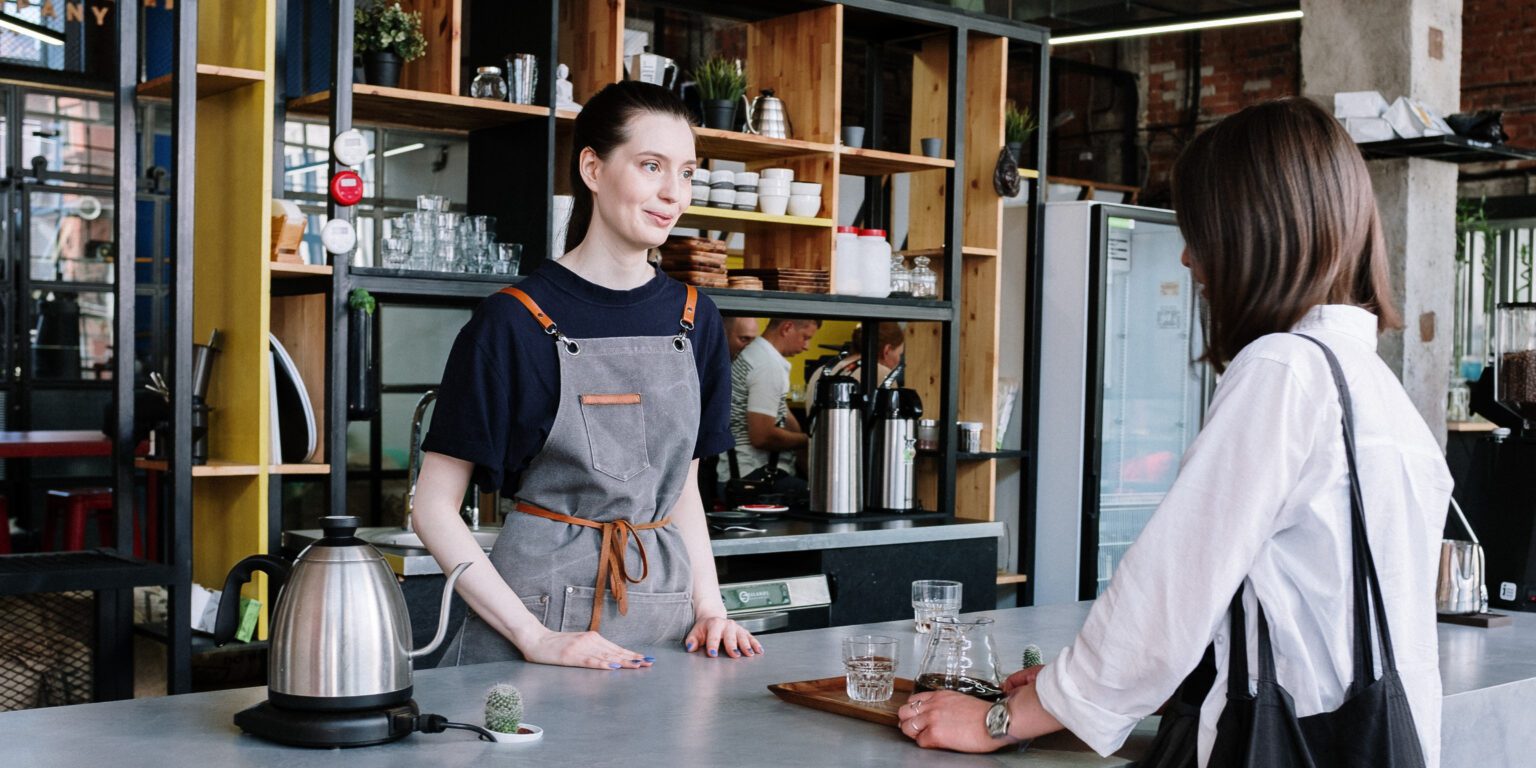A vegan food wholesaler and the co-owner of a beef jerky social enterprise share their lessons for achieving growth.
At a glance
Here’s a snapshot of the article’s insights:
- Vegan food entrepreneur Brad Anderson has shut down his in-person food truck to focus on wholesaling at a national level.
- His strategy for growth is to focus on wholesaling and building the relationship with his distributor, which he says is “where the money is”.
- Business consultant Greg Mawer co-founded a beef jerky social enterprise to support mental health organisations.
- Nick’s Jerky is also looking to expand its wholesaling arm, while also building its social media marketing.
This article discusses suicide. If this raises issues for you, don’t go through it alone:
- Suicide Call Back Service (1300 659 467)
- Lifeline 24/7 Crisis Support (13 11 14)
- Beyond Blue Support Service (1300 224 636)
Opening up the vegan food market
Entrepreneur Brad Anderson has experience dealing with change.
He was a chef for more than 30 years before he started up Noo Moo Foods, a vegan food truck based in Melbourne, with his wife Lorraine. Then came Hemp Soft Serve in June 2020, a hemp ice cream offering that came about when Brad decided to invest in growth.
By clearly laying out expectations of payment terms with suppliers and not buying stock he didn’t need, and with the help of a Prospa Small Business Loan and a Prospa Business Line of Credit, Brad and Lorraine guided their two businesses to growth amid wavering consumer confidence and supply chain pressures.
And the new year has heralded another significant shift for the husband-and-wife team.
“We’ve closed down Noo Moo Foods as a burger concept and are concentrating on wholesale – that’s where the money is,” says Brad.
“We’ve gone national now, which is brilliant. It simply wasn’t sustainable for us to earn an income by flipping burgers. By leaning into wholesale, we’ve gotten so much traction supplying some of the biggest hotel groups in Australia on a regular basis.”
Brad’s lessons on growth
Just six months ago, Brad had successfully obtained a distributor for his vegan food and began selling soft serve at IGA stores and up-market grocers. Once Brad worked out that selling products in bulk was more profitable than serving local customers, he worked with the distributor to get his products into even more locations nationally.
“We didn’t want to be with a distributor that works with 5,000 other brands,” he says. “Ours represents just 100 brands, and I’m the only supplier for vegan meat and ice cream she works with.”
Brad’s decision to diversify aligns with the sentiment of other small business owners. Among those who anticipate growth for their business over the next 12 months, 21 per cent expect growth to come from offering new products and/or services.*
As a result of multiple pivots to new business offerings, Brad says he’s moving from strength to strength and is hopeful for the future.
“We now have [our plant-based meat substitutes] going to resorts near Uluru, and Accor Hotels has just confirmed that it is going to start purchasing our vegan meat range,” he says. “Plant-based is here to stay.”
Try this: Consider if a change to the structure of your business might better suit customer demands or profit trends.
From business consultancy to beef jerky
Accountant and business consultant Greg Mawer has, just like Brad, achieved growth by branching out with a new venture.
He pitched the idea of a beef jerky business to his friend and business partner Adam, who runs a butcher shop south of Perth. Adam, whose own friend Nick died by suicide a few years ago, suggested they use the business to support mental health organisations such as Beyond Blue.
Greg “said yes instantly” to the idea and Nick’s Jerky was born.
As a business venture, Nick’s Jerky is achieving steady yet noticeable growth in its two main sales channels: direct-to-consumer and wholesale.
“We are fortunate to be stocked at 10 locations, mainly in the Perth metro area, but also regional WA and QLD,” says Greg. “We are looking to expand our wholesale arm into more outlets, such as breweries, craft beer bars, restaurants, gift shops and butchers.”
More than a quarter of small business owners expect to gain new clients or customers from marketing over the next 12 months, making it the third most anticipated source of growth.*
“We are also growing our social media following,” adds Greg. “People love food; it’s much easier for us to grow a following on social media than it would be for an accounting firm.”
At the end of the day, though, he isn’t looking to push things too far too soon.
“Both Adam and I run successful businesses in our own rights, so slow and steady growth is fine. I see many businesses try to grow too quickly and end up imploding.”
Greg’s lessons on growth
Here are Greg’s tips for fellow small business owners:
- Make a plan. “You need a plan to give you a general direction, however you need to be flexible with that plan.”
- Foster your team. “Surround yourself with an excellent team, be it business partners, employees or consultants.”
- Be patient. “Be patient, as things don’t happen overnight.”
Try this: Improve your social video marketing strategy to reach out to a new audience.
*Prospa x YouGov SME Sentiment survey, January 2023
Brad and Greg are making the most of growth opportunities. Talk with a specialist from Prospa about how a Prospa Small Business Loan could help you make business happen in 2023.








